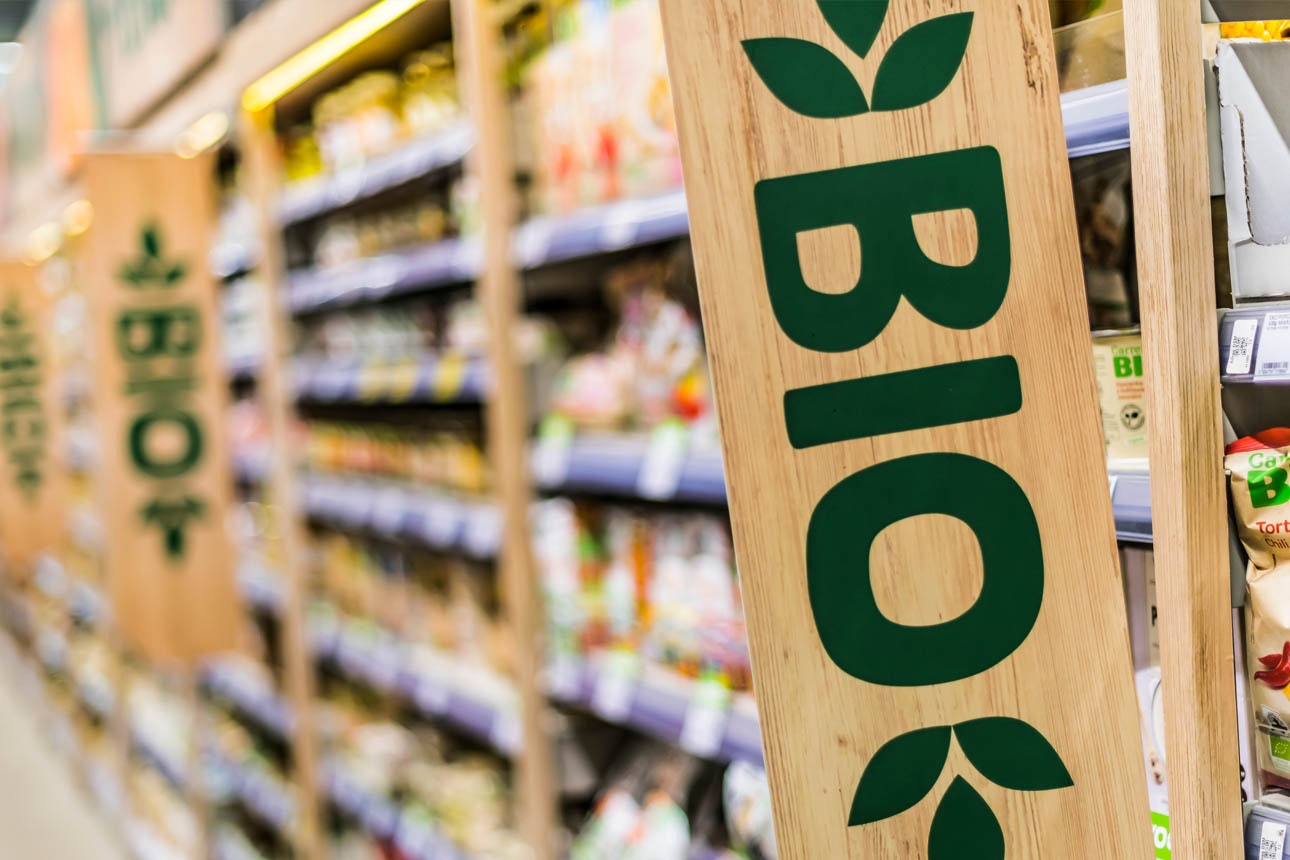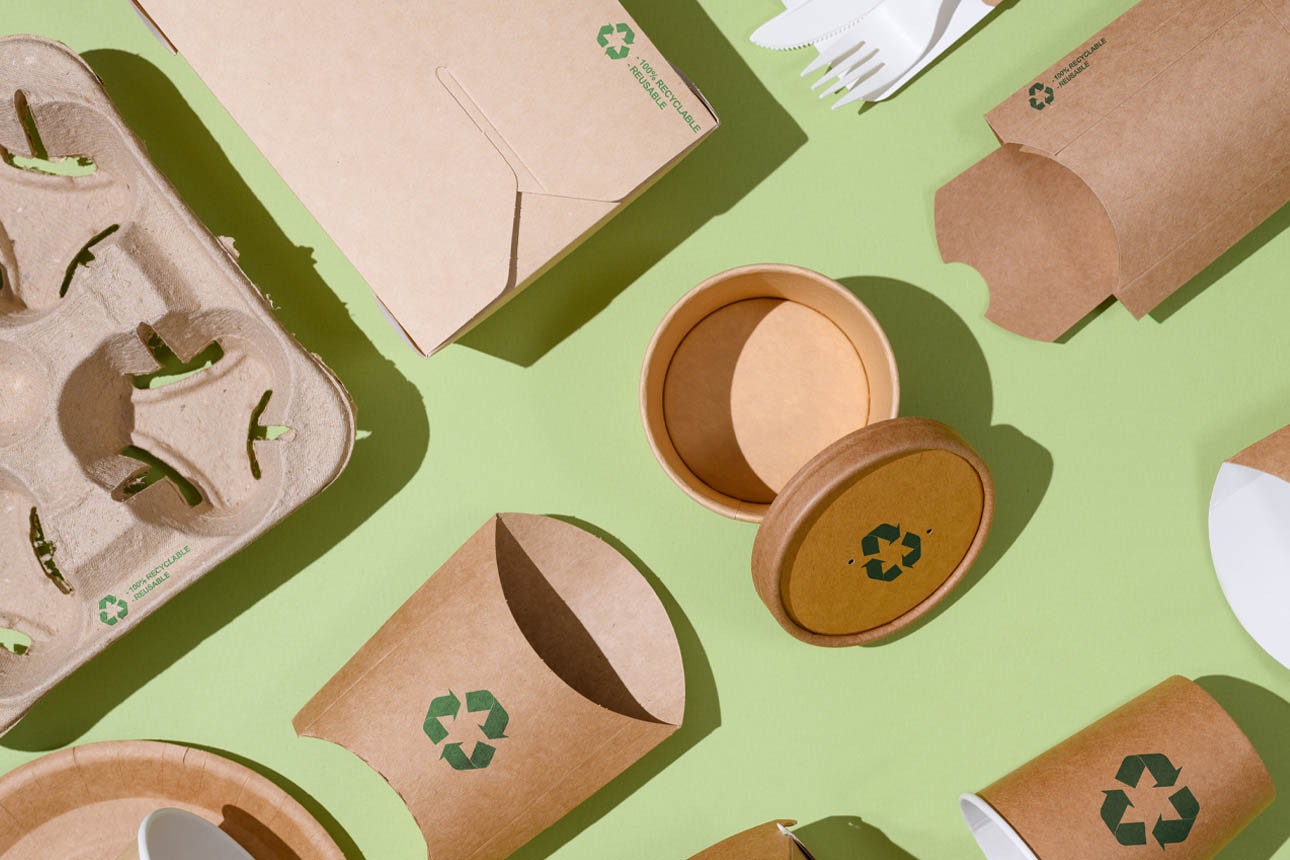
By Rebecca Styles
Research Lead | Hautū Rangahau
Planet conscious, green, eco-friendly, compostable – these are just some of the claims we see down our supermarket aisles. But what do they all mean, and are they legit?
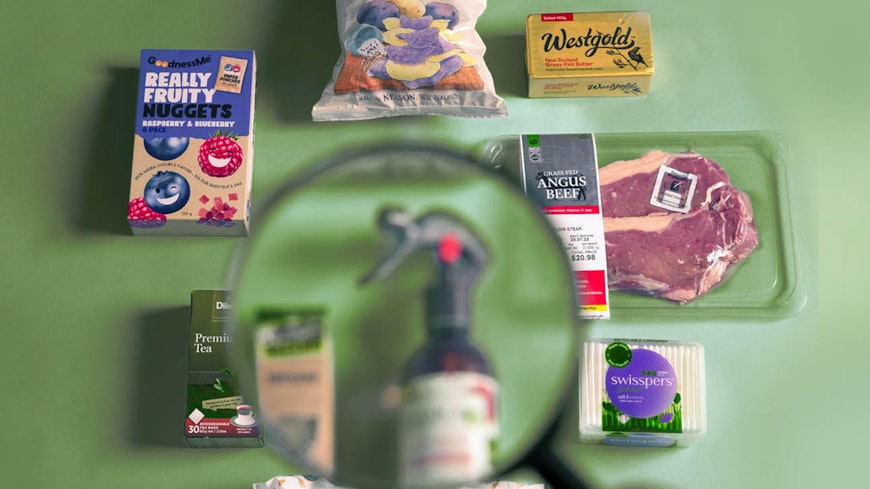
Consumer NZ shopped for a basket of goods and assessed the green claims on products.
We were disappointed – but not really surprised – with the number of meaningless environmental claims we found, and how much time it took us to verify them.
Of course, not everyone has the time or energy to verify environmental claims and we found it took more than a quick Google search. Instead, we needed knowledge of packaging and waste disposal in Aotearoa, as well as knowledge of product standards and certifications. Plus, we needed plenty of time to talk to manufacturers and experts.
Shoppers should be able to accept green claims based on trust. Claims should be truthful and accurate, and the Fair Trading Act prohibits companies from making false or misleading environmental claims. The act also says companies must have good evidence to back up what they’re saying.
Yet in some instances, consumers’ trust is misplaced and it’s hitting the planet – and your wallet – where it hurts.
Our basket of goods: the greenwashing claims
To see the extent of greenwashing at the supermarket, we collected a basket of goods and investigated the claims. Here they are assessed in alphabetical order.
Botanica by Air Wick room spray ($7.60)
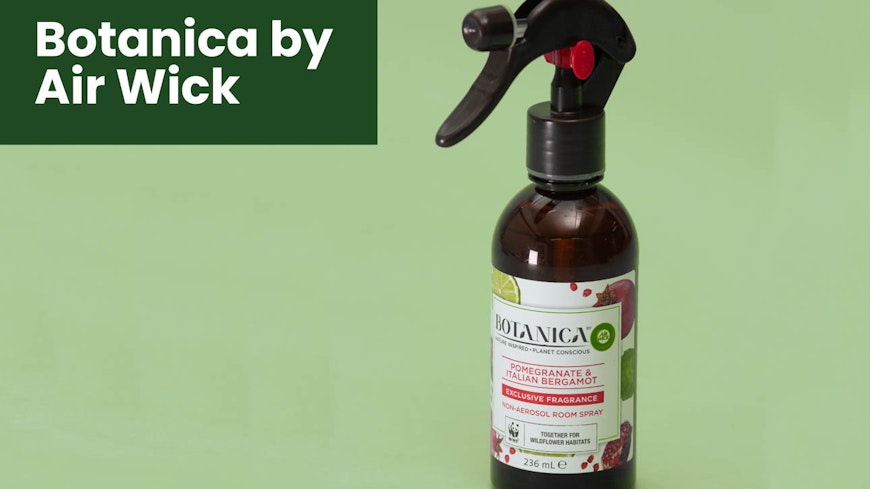
Green claim: ‘Nature inspired’ and ‘planet conscious’.
Why is it greenwashing? Vague and meaningless terms that risk misleading consumers. It could give shoppers the impression the item’s production has little impact on the environment or is better for the environment than similar products are. They’re also difficult terms to substantiate or back up.
A spokesperson for Reckitt Benckiser Group (owner of the Air Wick brand) said it disagrees that the terms amount to unsubstantiated environmental claims.
It said the term ‘nature inspired’ is a subjective term, rather than scientific. It refers to sourcing essential oils responsibly and using ingredients sourced from nature. But just because an ingredient comes from nature doesn’t mean it’s harmless to people or the environment.
‘Planet conscious’ refers to considering the environment when sourcing ingredients and packaging the product, where possible, the Reckitt spokesperson said.
Yet the terms on the pack don’t illustrate whether its product is environmentally better than any other air freshener on the market.
While the spokesperson for Reckitt said the product doesn’t make any comparative claims, to a shopper standing in the supermarket comparing products, the wording and design may imply an environmental benefit.
The Commerce Commission’s Environmental Claims Guidelines states that implied environmental claims are still capable of being misleading.
It also states on the bottle of Botanica that it’s working with WWF (World Wide Fund for Nature) to regenerate wildflower habitats. In Aotearoa, this means the company worked with WWF to help restore a 5000m2 section of Porirua Stream in 2021. And last year, it worked with community partners to replant five sites across Auckland with native species.
While this initiative is positive, the sourcing of palm oil, which the company uses in some other products, has negative impacts on the environment.
Reckitt uses palm oil in a range of home and personal care goods. Palm oil is used in a wide variety of products. Most of it comes from plantations in Indonesia where it’s had a huge impact on deforestation and animal life.
According to its 2021 report to the Roundtable on Sustainable Palm Oil (RSPO), Reckitt uses 161,988 tonnes of it per year. Only 29% comes from RSPO-certified sources. Of that, a sixth is segregated oil (meaning it is checked for being free of non-certified oil), while the rest is ‘book and claim’. This means that while it’s sourced from a certified grower, it isn’t monitored for the presence of sustainable oil.
The Reckitt spokesperson said it expects to increase the amount of RSPO-certified palm oil to 80% by the end of the year.
The remaining 20% of the palm oil used by the company comes from ingredients which include derivatives of palm oil (a processed form of the oil), as surfactants which are used to cut through grease and grime in cleaning products.
Traceability of the derivatives is challenging because of the scale of the network and the extent of processing, the Reckitt spokesperson said. The company expects to reach 100% traceability by the end of 2026.
While there’s no palm oil in the Botanica product we looked at, greenwashing can occur when a business uses symbolic activities to distract consumers from other business activities, according to the Consumer Policy Research Centre (CPRC) report (see ‘Shopping sustainably’).
Verdict: Vague and meaningless terms that risk misleading consumers. They’re also difficult terms to back up.
Countdown specially selected grass-fed Angus beef ($20.98kg) and Westgold NZ grass-fed butter ($7.20 for 400g)
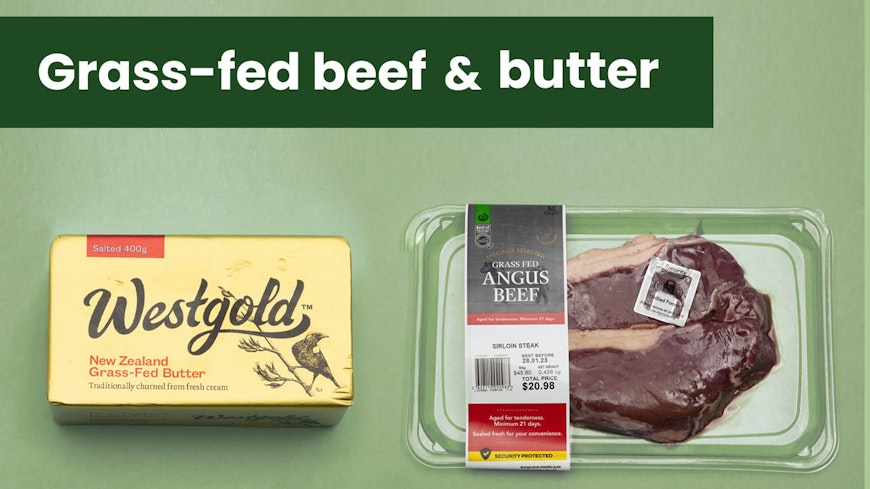
Green claim: ‘Grass fed’.
Why is it greenwashing? The term ‘grass fed’ could give consumers the impression of happy cows frolicking in paddocks. It may also create the impression that production of beef and dairy has few consequences on the planet.
While we don’t have a beef with animal welfare claims, the environmental consequences of agriculture are well documented.
Methane, which animals belch out, is responsible for 71% of our agriculture emissions. The average beef cattle beast produces about 61kg of methane a year, while a dairy cow produces 98kg. In comparison, the average sheep produces 13kg a year.
A spokesperson for Countdown supermarkets said its animal welfare policy requires that all farmers supplying beef and lamb to Countdown raise the animals on grass-fed systems.
While it’s not a regulated term under food standards, most beef and lamb in Aotearoa is grass fed. Beef + Lamb New Zealand general manager for market development Nick Beeby said about 98% of New Zealand beef and lamb is grass fed.
When we pointed this out to Countdown, the spokesperson said this “isn’t necessarily understood by all consumers, and both customers and our farmers value having this specifically called out on the pack”.
The spokesperson said: “We are not making any claim in relation to the environmental consequences of the process of raising the animals.”
Yet, the parent company of Westgold butter, Westland Milk Production, has.
On its website it says: “The grass-fed system is a more environmentally friendly way of farming.” The evidence to support the claim links to a 2011 study of milk production in Ireland that compares indoor to grass-based feeding in spring calves for 10 weeks.
Its evidence also points to a lifecycle assessment of the total environment impact of grass-fed vs indoor-raised animals in Europe. While it found grass-fed animals had less local environmental impact, the global warming effect wasn’t reduced.
We think the evidence substantiating that grass-fed dairy cows have less impact on the environment than other farming methods provided by Westland is limited in its scope and relevance to NZ dairy farming.
We asked the company for further evidence and it replied: “[We believe] grass-fed farming systems reduce environmental impact over more intensive systems … The Irish paper supports this and we understand research is ongoing in this area.”
Verdict: Because the term ‘grass fed’ can mean different things to different businesses, we think the term risks misleading consumers about the environmental impacts of agriculture and how beef and dairy cattle are farmed in Aotearoa.
Dilmah biodegradable 30 tea bags ($3)
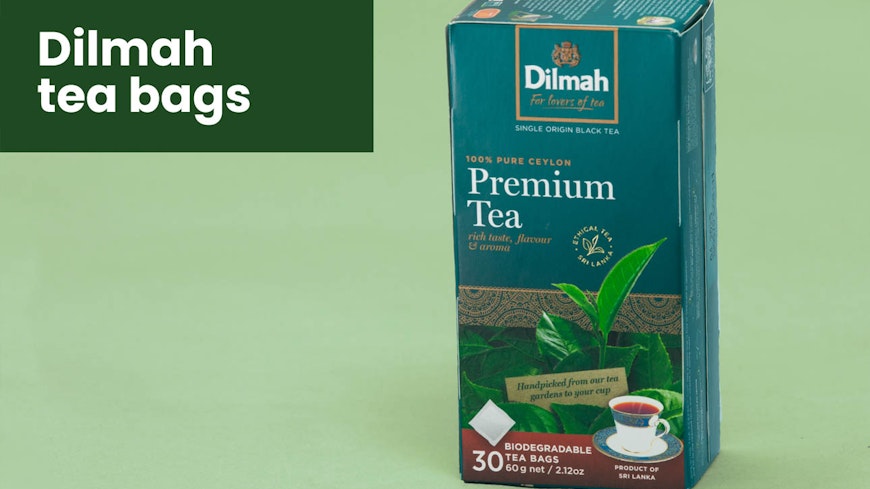
Green claim: ‘Biodegradable tea bags – industrially compostable’ and ‘carbon neutral’.
Why is it greenwashing? While the company has conducted testing by a third party for the biodegradability claim, there are very few industrial compost facilities in New Zealand. This means it’s not practical for most New Zealanders to send their used tea bags to a composter. Most of us will just end up chucking the tea bags into landfill.
Dilmah’s carbon neutral programme adheres to international standards and is verified by a third party.
Verdict: The ‘biodegradable tea bags – industrially compostable’ term risks misleading consumers because of the lack of facilities in Aotearoa. However, the ‘carbon neutral’ claims check out.
Company response: Dilmah will be removing the word ‘biodegradable’ from its packaging sold here until facilities for industrial composting are more widely available in Aotearoa.
A spokesperson said Dilmah would never intentionally deceive or confuse consumers. It supplies its tea to more than 100 countries and uses the same packaging to reduce waste and cost. However, it acknowledges that the term biodegradable could be misleading for consumers and will now produce specific packaging for the 15 products labelled as biodegradable it sells here.
Earth Smart aquawipes all natural ($6)
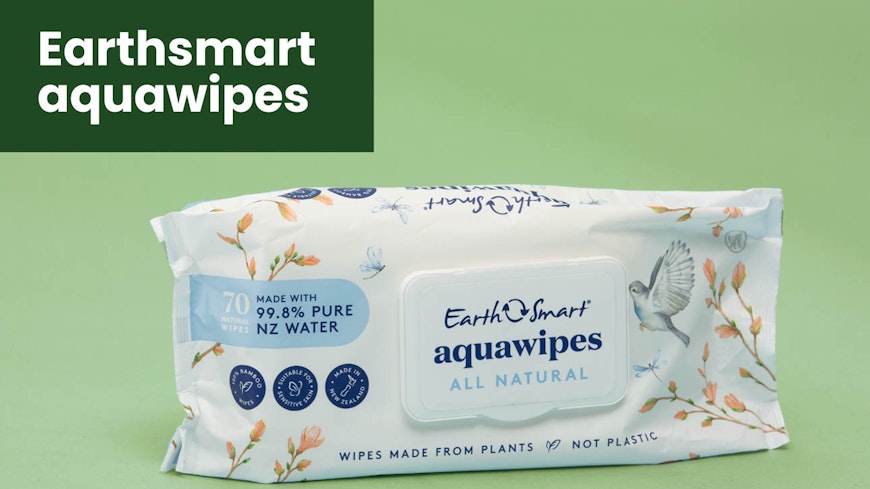
Green claim: ‘Earth Smart’ and ‘biodegradable’.
Why is it greenwashing? A spokesperson for Cottonsoft (owner of Earth Smart) provided test results of biodegradability in home compost. However, it recommended putting the wipes in landfill rather than home compost because of the presence of pathogens from baby poo. The only disposal guidance on the pack is not to flush the wipes down the loo.
There is no standard biodegradability test for products heading to the tip. However, if a product has been tested as compostable, technically it is biodegradable.
Yet WasteMinz guidelines say that for a claim of biodegradability to be accurate, it should specify the environment in which the product biodegrades, as well as the time it takes for the product to break down.
While this information wasn’t on the pack, it was in the test results. The baby wipes reached 90% biodegradation after 365 days in home compost conditions.
However, biodegradability can be variable in landfill conditions, and it may take longer to breakdown.
Verdict: The claim of biodegradability on the pack of baby wipes doesn’t meet best practice guidelines.
We also consider the brand name ‘Earth Smart’ meaningless and risks misleading consumers.
Glad to be Green 50% ocean plastic recycled bag ($5.99)
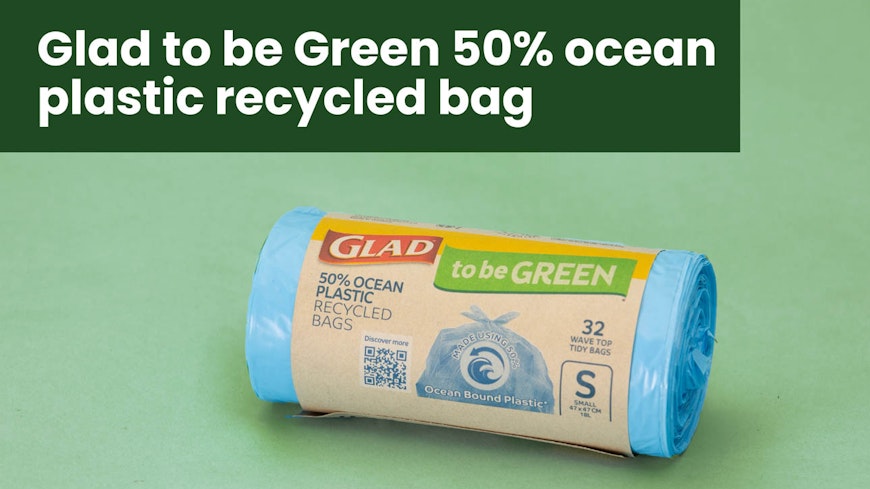
Green claim: ‘Glad to be Green’ and ‘ocean plastic’.
Why is it greenwashing? ‘Glad to be Green’ is a vague and meaningless term. A spokesperson for Glad said the term is a brand name that signals a commitment to more sustainable options, rather than a green claim.
However, a brand or company name could contribute to an overall misleading impression if it implies environmental benefits that aren’t true, according to the Commerce Commission’s Environmental Claims Guidelines.
The Glad to be Green bags are made with 50% ocean plastic. At first glance, consumers may interpret the words ‘ocean plastic’ as meaning plastic that has been collected from the ocean and recycled.
But take a closer look at the pack and you’ll see the ‘Ocean Bound’ certification, which means the plastic is collected within 50km of the shoreline in communities with no formal waste management – not from the ocean.
While the initiative is with a third-party organisation called Oceanworks, we think the way it’s been portrayed on the packs could mislead consumers.
Polly Griffiths is the sustainability manager at the Sustainability Trust. She said the company seems to imply consumers are reducing plastic waste in the environment by buying the rubbish bags.
Yet the bags are still made of plastic. The only way to reduce plastic getting into the environment is by reducing the amount of plastic we use, and recycling what can’t be avoided, Griffiths said.
The plastic for the bags is sourced from Indonesia, which doesn’t help New Zealand’s reliance on plastic imports, she said.
While the company has conducted a lifecycle assessment on the product, due to commercial reasons, it wouldn’t disclose the results to Consumer. However, the spokesperson for Glad said using recycled content emitted less greenhouse gas emissions. However, without seeing the study, we can’t evaluate whether those claims are accurate.
Verdict: Likely to mislead.
Goodness Me really fruity nuggets ($5)
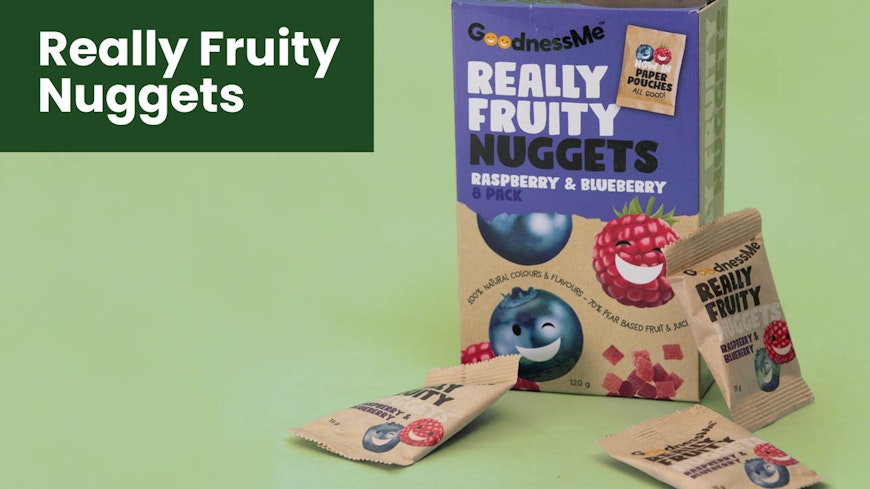
Green claim: ‘Lower-impact reduced plastic’ and ‘now in paper pouches all good!’.
Why is it greenwashing? After several attempts to get in touch with the company to substantiate both claims, it sent us a statement about the packaging components.
The pouches are 65% Kraft paper and 35% CPP – a plastic.
While most of the packaging is paper – which the company considers lower impact than similar products – it still has plastic in it, so the term ‘paper pouches all good!’ is misleading.
Verdict: The ‘paper pouches’ statement is misleading and could give the business a competitive advantage.
Company response: The company will be removing the claim about paper pouches on packaging. However, given it has reduced the plastic in its packaging by 65%, it stands by the ‘lower-impact reduced plastic’ statement.
Proper Crisps hand-cooked crisps purple and gold potatoes cracked pepper and sea salt compostable bag ($5.20 a bag)
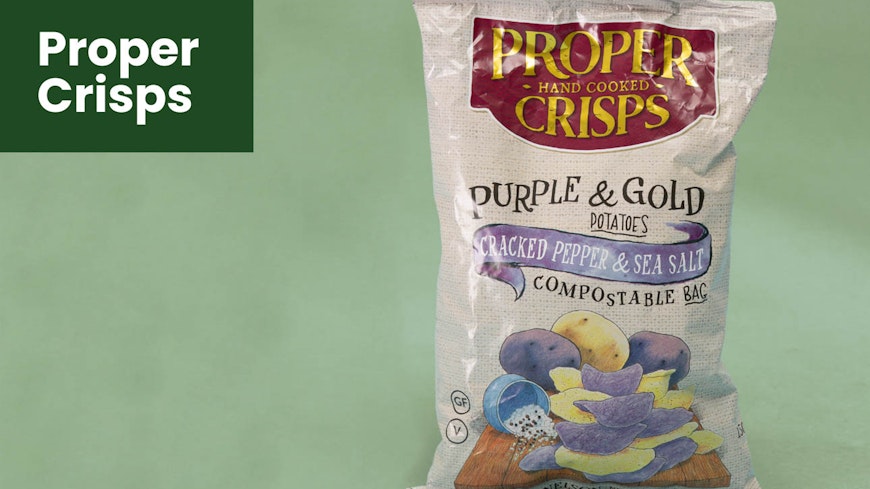
Green claim: ‘Compostable bag’.
Why is it greenwashing? The word ‘compostable’ is prominent on the front of the pack of chips, but there isn’t anything on the bag to back up the claim.
On Proper Crisps’ website, the company explains the chip bags are made with certified home-compostable films.
However, this doesn’t meet best practice guidelines developed by WasteMINZ and Plastics NZ for advertising compostable products and packaging. The guidelines state that when packaging is made from certified compostable film, if it hasn’t been tested in its final form, “it should not be advertised as being suitable for home composting”.
This is because when multiple films are stuck together, it may no longer break down in the required amount of time to meet the standards. The inks and glues used on the packaging may not meet composting standards, either.
The company provided us with a test report of one Proper Crisps bag composting in a backyard compost pile over 10 months by an employee of the packaging manufacturer. This isn’t best practice, either. Compost testing should be carried out by an independent third party.
Proper Crisps said it has approached a European facility to test the compostability of the bags. It had approached a New Zealand based facility, but Covid lockdowns interrupted those plans.
“We are totally committed to achieving certification … and are in the process of getting independent third-party testing,” a spokesperson for Proper Crisps said.
How difficult is it to get certification for compostable packaging?
The test for home composting is expensive and time consuming. It can take 18 months to complete (three months for industrial composting tests) and is done in a lab in perfect composting conditions.
Even if packaging passes the home compost test, it doesn’t mean that the packaging will degrade in different composting environments around the country. Individual compost heaps will run on different conditions, depending on where they are in the country.
And not everyone has a compost heap. So if you chuck the compostable packaging in landfill (whether it’s certified as home- or industrial-compostable or not), there’s no guarantee it will degrade any quicker than other packaging will.
Industrial-scale composting of this packaging isn’t the answer, either. There aren’t enough facilities in New Zealand, and of those that exist, not many accept compostable packaging. This is because it may contaminate compost with unintended substances, such as bioplastics, heavy metals from inks or PFAS (‘forever chemicals’).
Compostable packaging should only be used for items contaminated with food waste. It’s the food attached to the compostable packaging that gives nutrients to the compost, rather than the packaging itself.
Verdict: The compost claim doesn’t meet best practice guidelines.
Mrs Rogers organic oregano ($3.30)
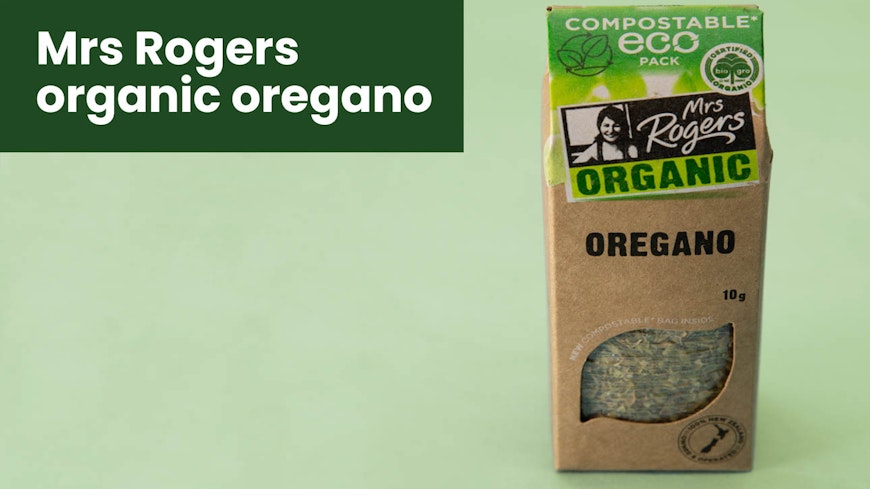
Green claim: ‘Compostable eco-pack' and ‘plant-based home compostable’ logo.
Why is it greenwashing? While the pack states that its “made of home compostable films, certified to European standards”, it doesn’t have the official compost logo (OK Compost). Instead, it has a logo on the bottom of the box we believe the manufacturer has created itself.
A spokesperson for Mrs Rogers said the packaging is made from home compostable films, certified to European standards, however the final product hasn’t been assessed. It does plan to test the final product so it can use the OK Compost logo in the future.
A spokesperson from OK Compost said even though products may be made of compostable films, the final product needs to be assessed as compostable, because inks and glues may be used which could mean it doesn’t meet compostable standards.
The best practice guidelines developed by WasteMinz and Plastics NZ for advertising compostable products and packaging also states best practice is to test the final product for compostability before making claims.
Verdict: Unsubstantiated claims which risk breaching the Fair Trading Act.
Swisspers cotton tips ($3.50)
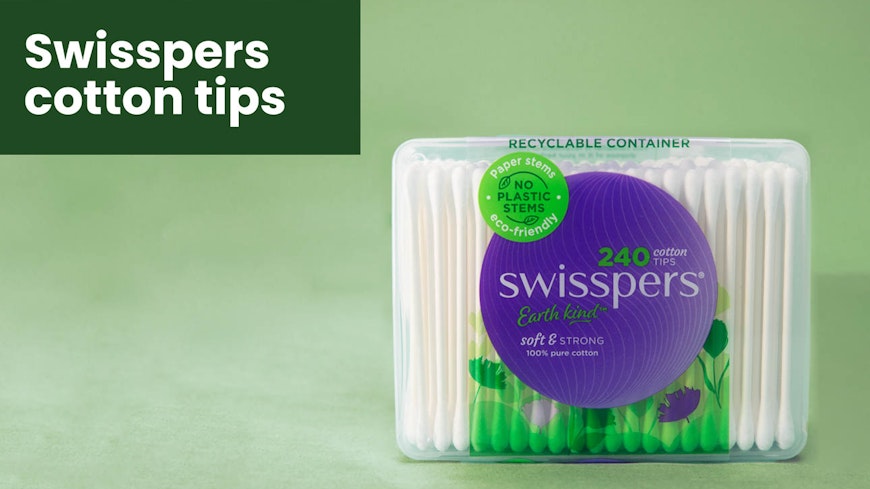
Green claim: ‘No plastic stems’, ‘eco-friendly’, ‘Earth kind’.
Why is it greenwashing? All plastic cotton buds were banned in Aotearoa from October 2022, so you shouldn’t be able to buy plastic cotton buds.
‘Eco-friendly’ and ‘Earth kind’ are meaningless terms.
McPhersons, the parent company, said it started reviewing its products for potential greenwashing in spring 2021. It’s in the process of amending any marketing and artwork on packs, and new stock will “reflect amended sustainability claims”.
Verdict: Vague and likely to mislead.
Shopping sustainably
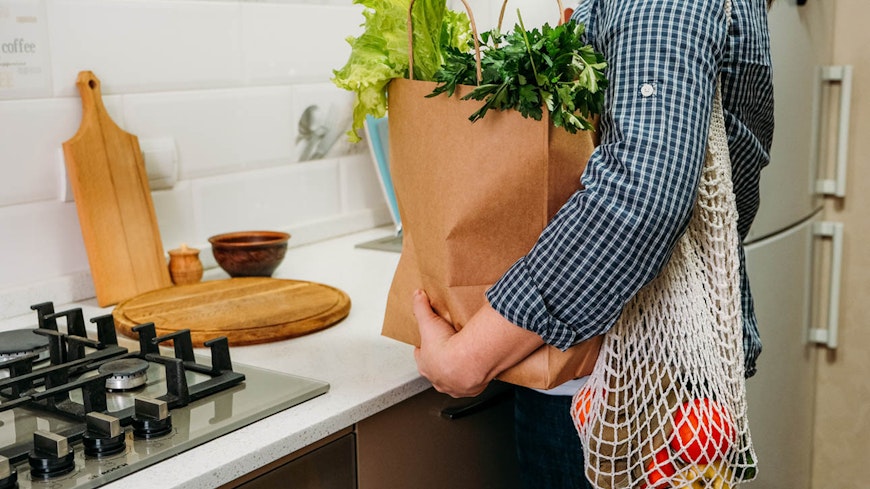
Just under half of us keep sustainability in mind when shopping for groceries, according to Consumer NZ’s Sentiment Tracker. And a quarter of those surveyed plan to increase their focus on buying sustainably.
One in three place a lot of importance on the retailers’ promotion of sustainable solutions, but who’s checking whether their claims stack up?
Across the ditch, 45% of Australians think someone checks up on green claims before products hit the shelves, according to findings by the Consumer Policy Research Centre (CPRC). But that’s not the case.
Green claims suggest a product, service or business is less harmful to the environment than its competitors are. Greenwashing happens when a business lies or misleads consumers about its green credentials.
This can be through the use of vague or unclear environmental terms, or by over-emphasising the environmental benefits of its products.
It can also happen when a business uses green messages to deflect consumers’ attention away from its other activities. In a recent case, the Lawyers for Climate Action NZ Inc (LCANZI) made a complaint to the Commerce Commission against Z Energy.
Z Energy has been claiming in advertising that “it’s time to be part of the climate change solution and move on from fossil fuels”.
LCANZI said this is misleading because it gives consumers the impression the company is moving away from fossil fuels. However, Z Energy has closed its biofuel plant.
According to the Environmental Protection Authority (EPA) 2021 breakdown of emissions, Z Energy is our second biggest emitter with 6.8 million tonnes, followed by BP (4.9 million tonnes) and Mobil (4.7 million tonnes). The highest emitter is Fonterra (12.4m tonnes).
Given many of us are shopping with green credentials in mind, such claims are hitting us in the wallet because we may pay more for the ‘greener’ product. Misleading green claims also whittle away our trust in environmental claims in other products.
It can also harm businesses who are doing the right thing, by reducing market competition and stifling innovation, according to the CPRC.
What is the EU planning and what can NZ do?
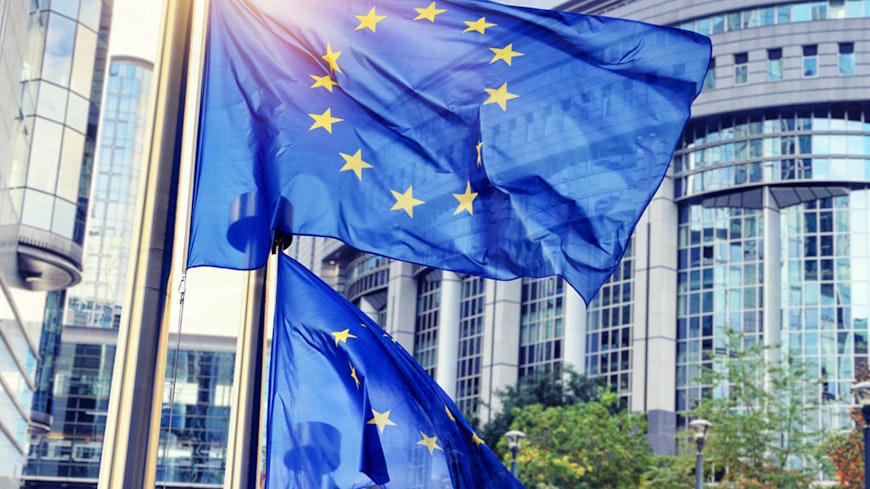
To clean up greenwashing, the European Union has proposed a range of measures to ban untrustworthy or false environmental claims.
Displaying a sustainability label, which isn’t checked out by an independent third party, will be gone. Also on the way out are generic and vague environmental claims, such as ‘environmentally friendly’, ‘eco’ or ‘green’, and claims which create the impression of excellent environmental performance.
The same applies to making a claim about an entire product when the claim only concerns one aspect of it.
We saw a plethora of these types of claims in the cleaning products aisle, for example product names containing ‘eco’ or ‘Earth’ and taglines such as ‘super green’, ‘power green’ and ‘natural ingredients’.
Most consumers standing in the supermarket aisle would find it hard to evaluate whether there’s any basis for these claims or whether they’re just marketing spin.
And yet, according to the Consumer Policy Research Centre’s findings, 47% of consumers are making purchases of household cleaning products because of green claims.
We’d also like to see the term ‘biodegradable’ banned unless it’s backed up by product testing, to international standards. The term by itself is meaningless because everything biodegrades eventually.
We’d like to see a ban on greenwashing here, too.
Currently, the legislative tool to ping manufacturers for misleading and unsubstantiated claims is the Fair Trading Act.
However, the system relies on consumers or a product’s competitor complaining to the Commerce Commission or Advertising Standards Authority, after the product is on the market.
Any corrective or legal action can take years to go through the courts, and the fines can be paltry in comparison to the volume of products sold. In the meantime, consumers may be paying a premium for the product and are continuing to be misled.
Consumer advocates across the ditch are suggesting that claims need to be checked before products go to market. We think it’s a good idea because it shouldn’t be up to consumers to police green claims. Rather, it’s up to the businesses to make sure they’re presenting truthful information in the first place.
While this may be a challenge for small businesses, we think some form of government support for small businesses before products go to market will save everyone in the long run.
It’s also up to regulators, namely the Commerce Commission, to make policing bogus greenwashing claims a priority.
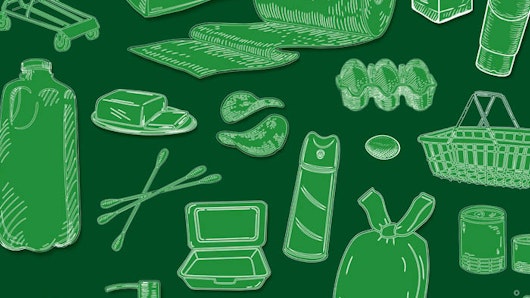
Help stop greenwashing in Aotearoa
We need your help to call out dodgy 'green’ claims.
